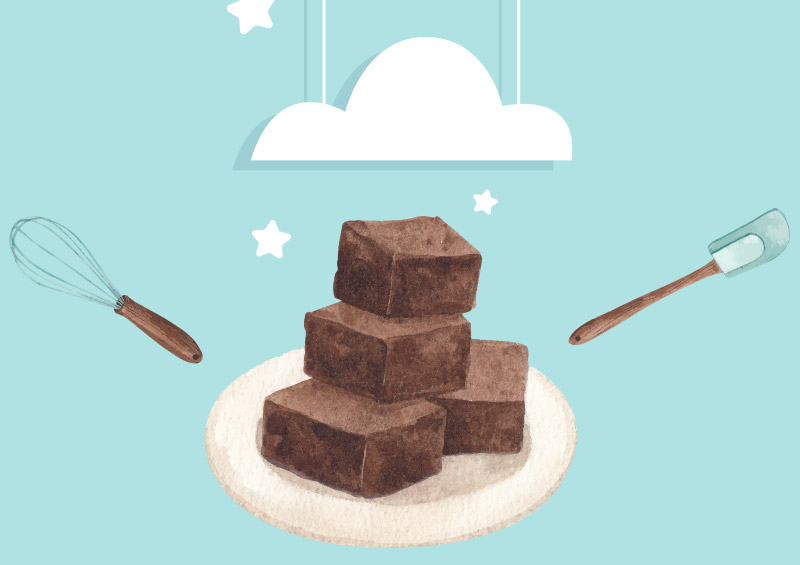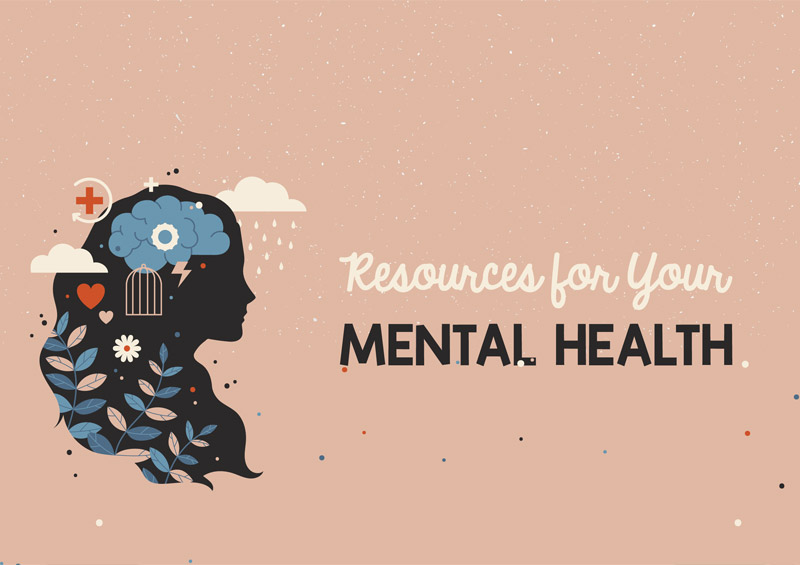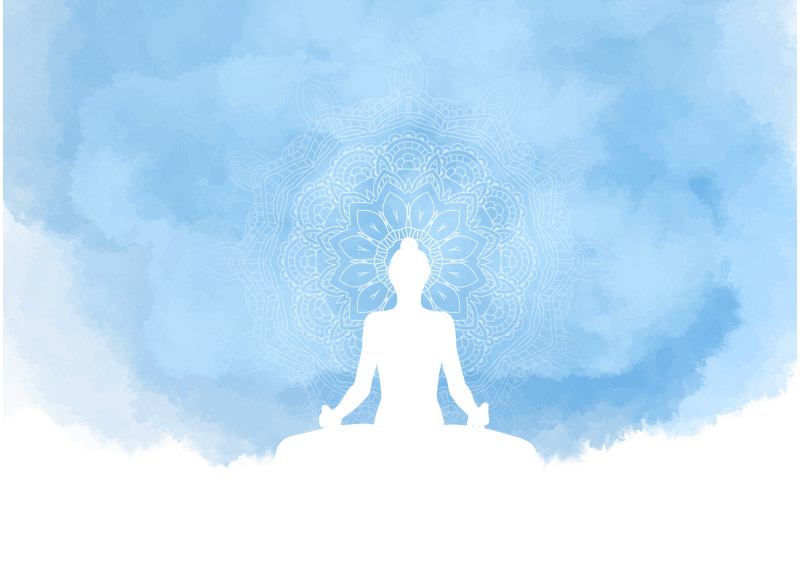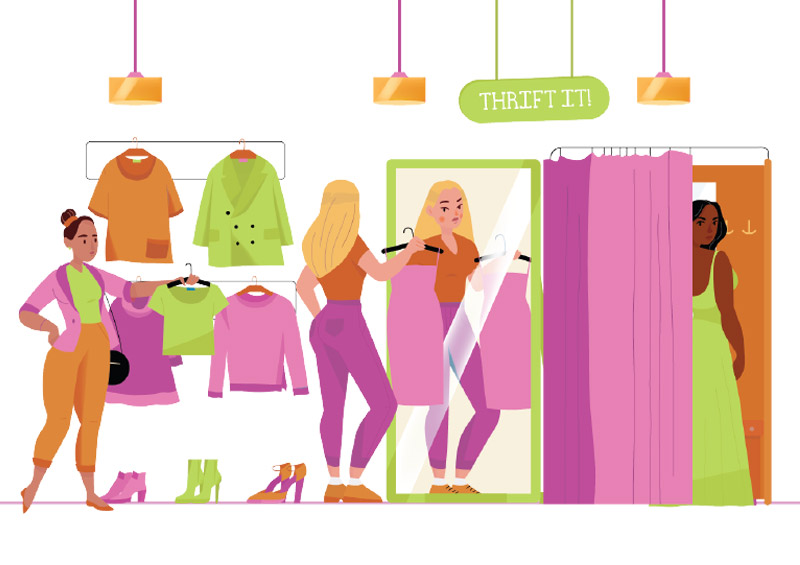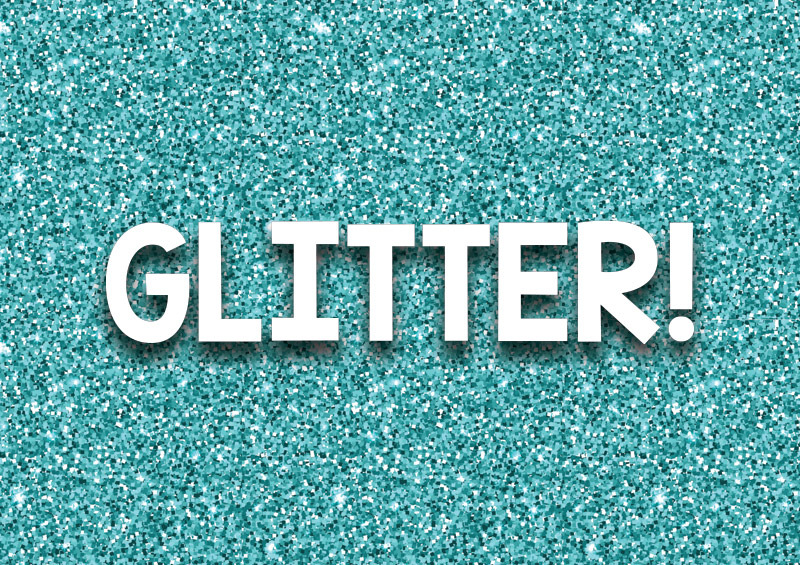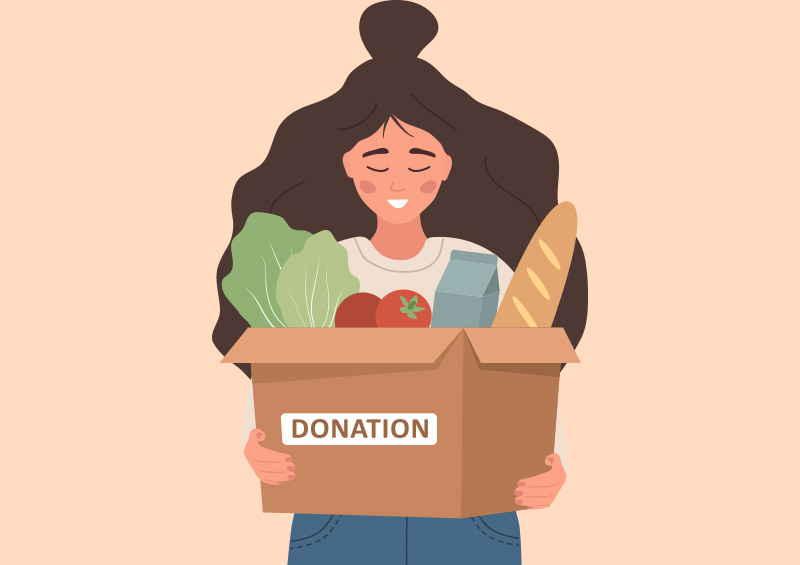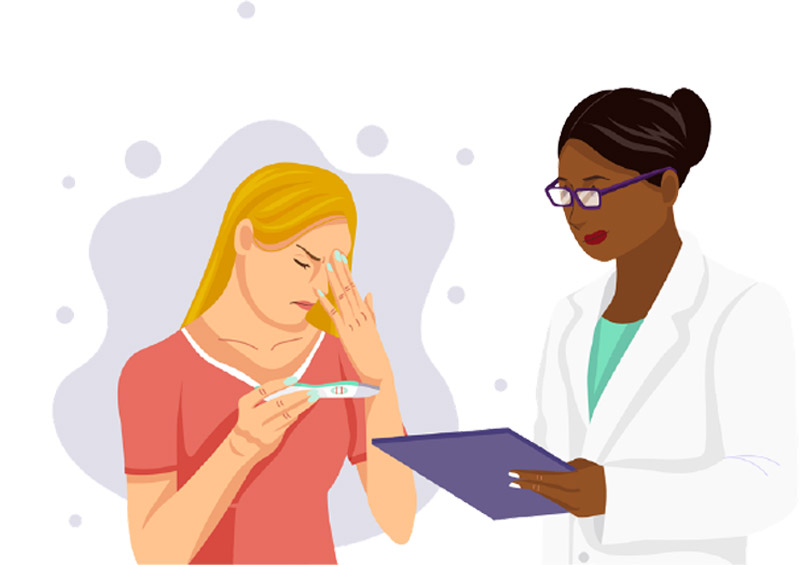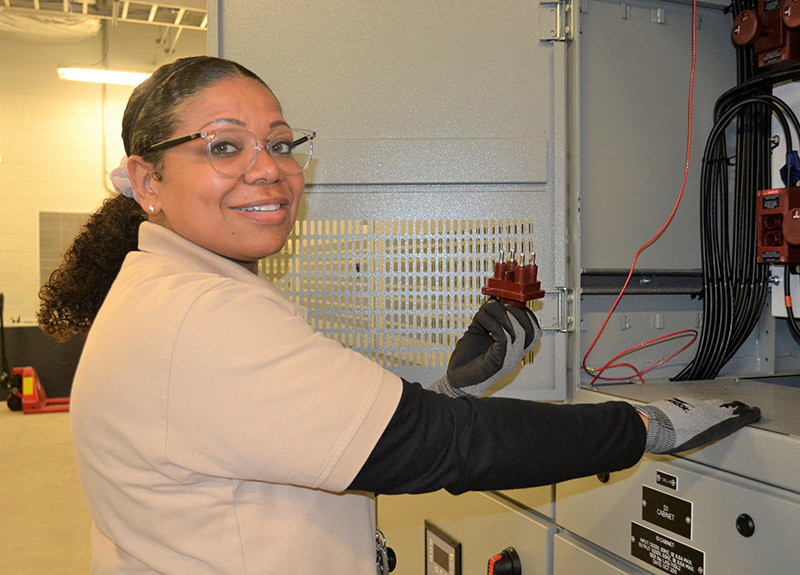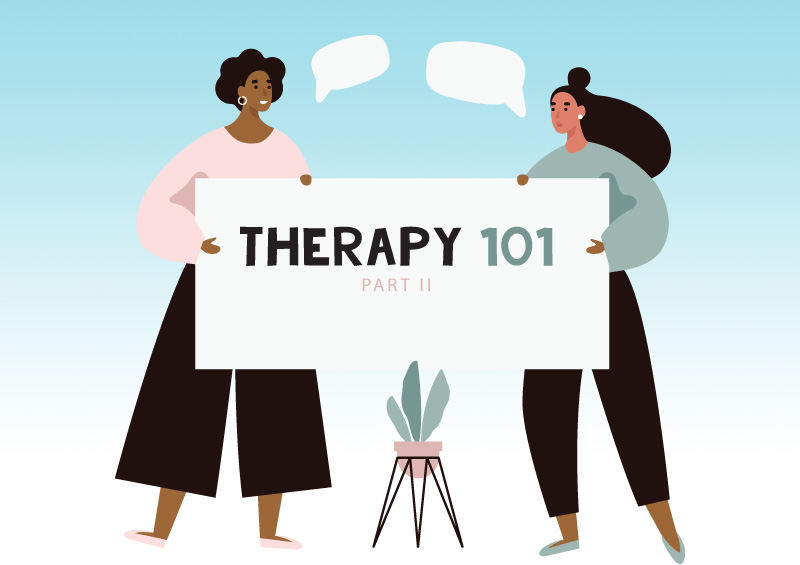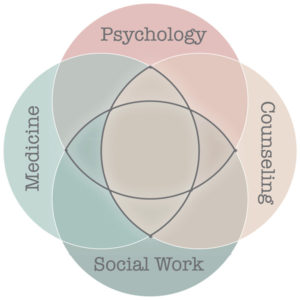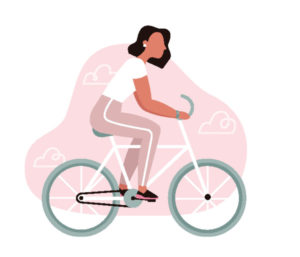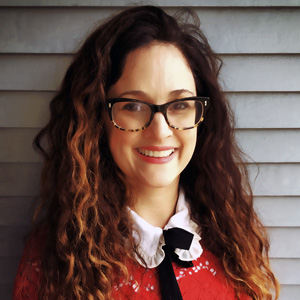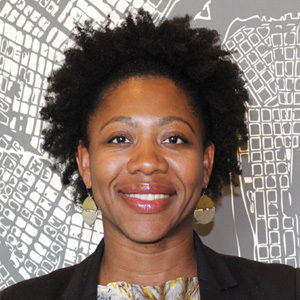Psychotherapists, or “talk therapists,” generally originate from four major fields of study: psychology, medicine, social work, and counseling. There is much overlap in mental healthcare training across the four disciplines, making it possible that therapy with a professional psychologist, psychiatrist, applied psychiatric nurse, medical psychologist, professional mental health counselor, clinical social worker, or family therapist can be equally helpful.
Length of training varies across and within fields of study, with some spending more time in school to earn doctorates and others stopping with a master’s level degree. However, longer training does not automatically equate to “best fit” as you might have a better rapport, or connection, with someone who happened to spend less time in school. The most important thing is to ensure the person you are seeing is licensed, certified or registered by a state board; this tells you the level of expertise attained by the professional and reduces risk of harm.
Also, only licensed psychiatrists, medical psychologists, and applied psychiatric nurses can prescribe medication for mental disorders. As a result, they typically (but not always) focus on biological treatment and refer patients to other types of psychotherapists for talk therapy.
A good rule of thumb is to remember the “fleur de lis” of psychotherapy (see graphic below). If the job title or credential of someone you’ve chosen to help you does not fall within the middle section of the diagram, then you’re not actually getting therapy.





